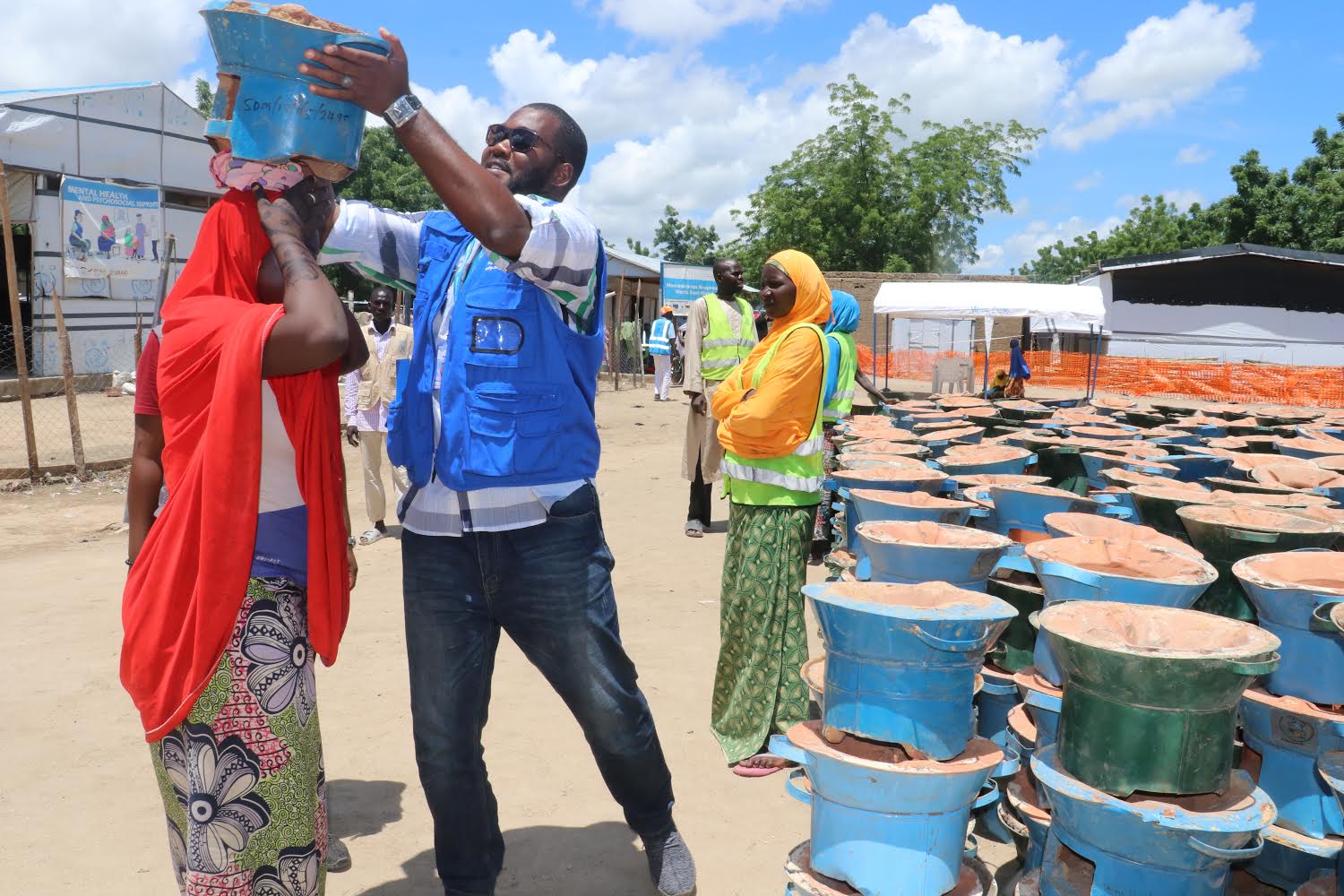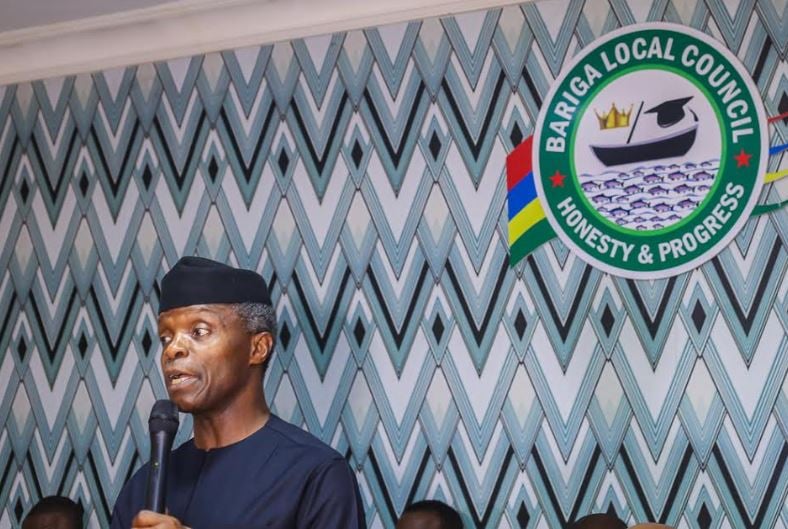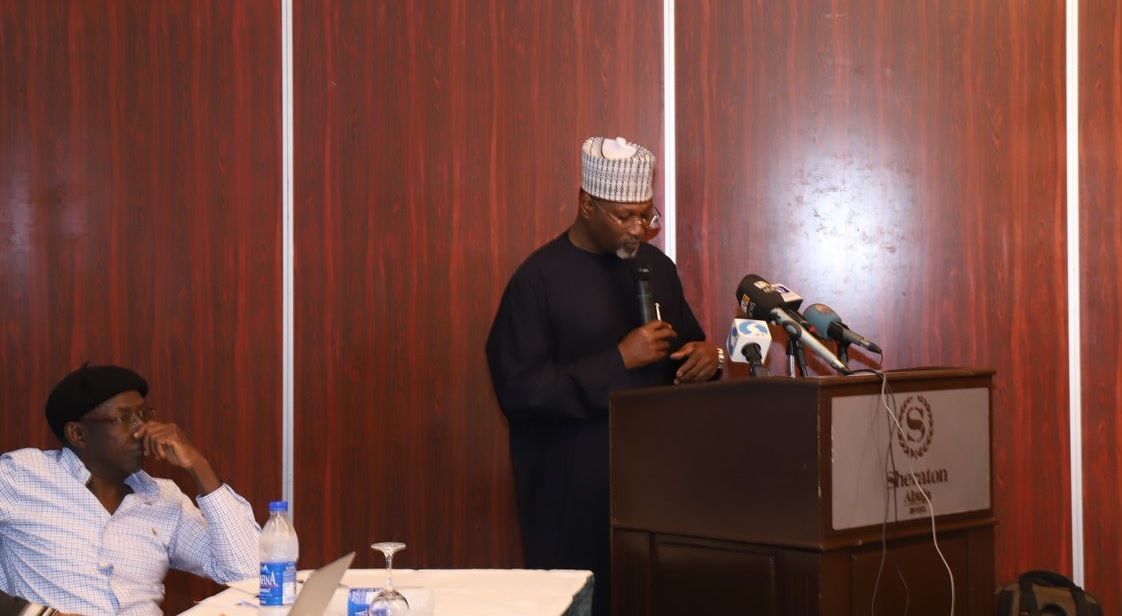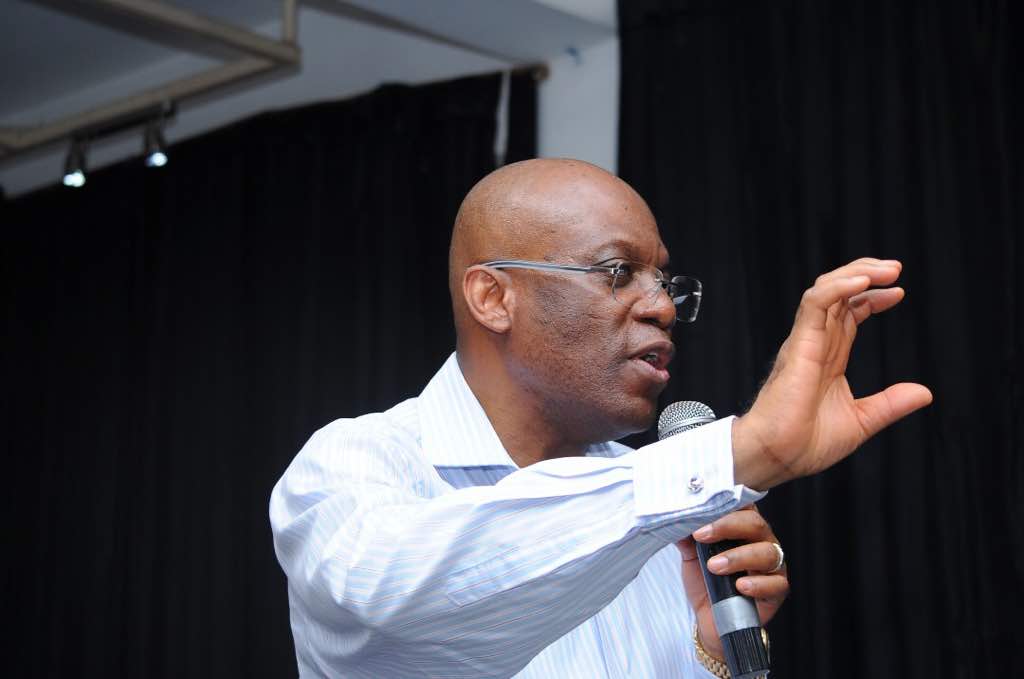BY PATRICK FULLER
The World Food Programme (WFP) is distributing fuel-efficient stoves to families displaced by the conflict in the north-east to reduce the protection risks faced by women and girls, when they have to collect firewood from unsafe areas.
In her short life, 16-year-old Hassana Ali has experienced the kind of hardship and suffering that no-one should have to endure. At 12, her childhood ended abruptly when she was abducted from her home in the small village of Duno, a community in Borno state.
One morning, members of a non-state armed group came to her village and started taking girls and young women. Hassana’s parents could only watch as she was led away to the fighter’s stronghold deep in the Sambisa forest. There, she was married off to a fighter and lived, virtually as a prisoner in his house for the next two years.
“I was so unhappy that I wept almost every day,” says Hassana. “Eventually I managed to escape and run away back to my village and then I came here to Banki where it is safer,” she says.
Advertisement
Banki sits close to the border with Cameroon, and in April 2016 the town was left largely abandoned when it was taken by the government forces from the non-state armed groups who had occupied it for over a year. Now, Banki is encircled by a 20-foot deep protective trench and the army remains ever-vigilant to the threat of possible attacks.
Some 45,000 displaced people driven out of surrounding villages by the conflict live there, totally dependent on WFP for their food security. Almost 70% of the camp population in Banki are women and many households are female-headed. One of the most dangerous tasks they have to undertake is the gathering of firewood for cooking.
An assessment carried out by WFP in January 2018 in four local government areas in Borno, revealed that 85% of women felt unsafe when collecting firewood. About 76% were not able to cover their daily cooking needs due to inadequate supplies of firewood; and 70% had no access to wood fuel in their immediate living environment as a result of the insecurity stemming from the ongoing conflict which has limited people’s movements.
Advertisement
As the sole carer and breadwinner for her four younger siblings and elderly grandmother, Hassana understands the ordeal related to fetching wood.
“It is difficult to get an exit ticket from the military guarding the camp to allow you travel into the bush to fetch firewood,” explains Hassana. “The trip usually takes eight hours and the fighters can be anywhere. There is always the risk that you might be attacked, raped or even killed”.
As a step towards reducing such risks, WFP, together with its partner INTERSOS, an Italian non-governmental organisation (NGO), has distributed over 7,000 fuel-efficient stoves in Banki camp. The stoves distribution is part of WFP’s Safe Access to Fuel and Energy (SAFE) Initiative.
“When we distribute food to a vulnerable population, our aim is to make sure that people are able to prepare that food safely without putting themselves in harm’s way”, explains Sarah Longford, Country Director a.i. in Nigeria. “These stoves are fuel efficient which means that they provide a greater level of protection to women and girls who can spend less time gathering firewood.”
Advertisement
Hassana is used to cooking over an open fire with a single pot balanced over three stones. But with her new stove it takes a fraction of the time to boil a pot of water and cook some sorghum porridge for her families’ midday meal. Constructed from a metal casing around a thick layer of clay, the stoves are extremely efficient at retaining heat.
“Sometimes, at the end of the month we would have to sell a portion of our food rations to buy firewood and then skip meals to survive until the next ration comes,” says Hassana. “This stove uses about half the amount of wood that I usually need to prepare a meal. We can now save money on fuel and not go hungry”.
With firewood becoming an increasingly scarce and expensive commodity, quite often, many families are forced into poor dietary habits because they cannot afford fuel. This might mean eating fewer meals or increasing consumption of less nutritious foods that do not require cooking. The stoves also have additional health and environmental benefits. They help to prevent further degradation of the environment and produce far less smoke than traditional fires, reducing the incidence of respiratory diseases. Furthermore, the design of the stoves reduces the safety risks, such as fires, when used inside houses.
WFP plans to roll out the stoves distribution programme across four additional local government areas in Borno and is finalizing plans to begin the second phase of a longer term project aimed at increasing income-generating opportunities for people in the camps. This involves training women and girls in how to manufacture and market the stoves locally.
Advertisement
Together with other food security partners, WFP has also been advocating with the Nigerian Armed Forces to ensure that affected populations have safer access to firewood collection. This includes increasing the number of patrols responsible for accompanying civilians.
Despite the hardship, she has endured and the burden of responsibility that comes with looking after her family using a small stipend earned as a volunteer with INTERSOS, Hassana lives in hope that things will be different in the future.
Advertisement
“I have never been to school and I hope to have the opportunity one day. I want to learn how to read and write so that I can do something useful that helps my family and other people who might be in my kind of situation”.
WFP recognizes the support of donors for its food assistance activities in the north-east. Canada, European Commission (ECHO), Finland, Switzerland, the United Kingdom (DFID), the United States (USAID), and private donors have contributed to WFP Nigeria this year.
Advertisement
Fuller is acting head of communications, WFP Nigeria
Advertisement





